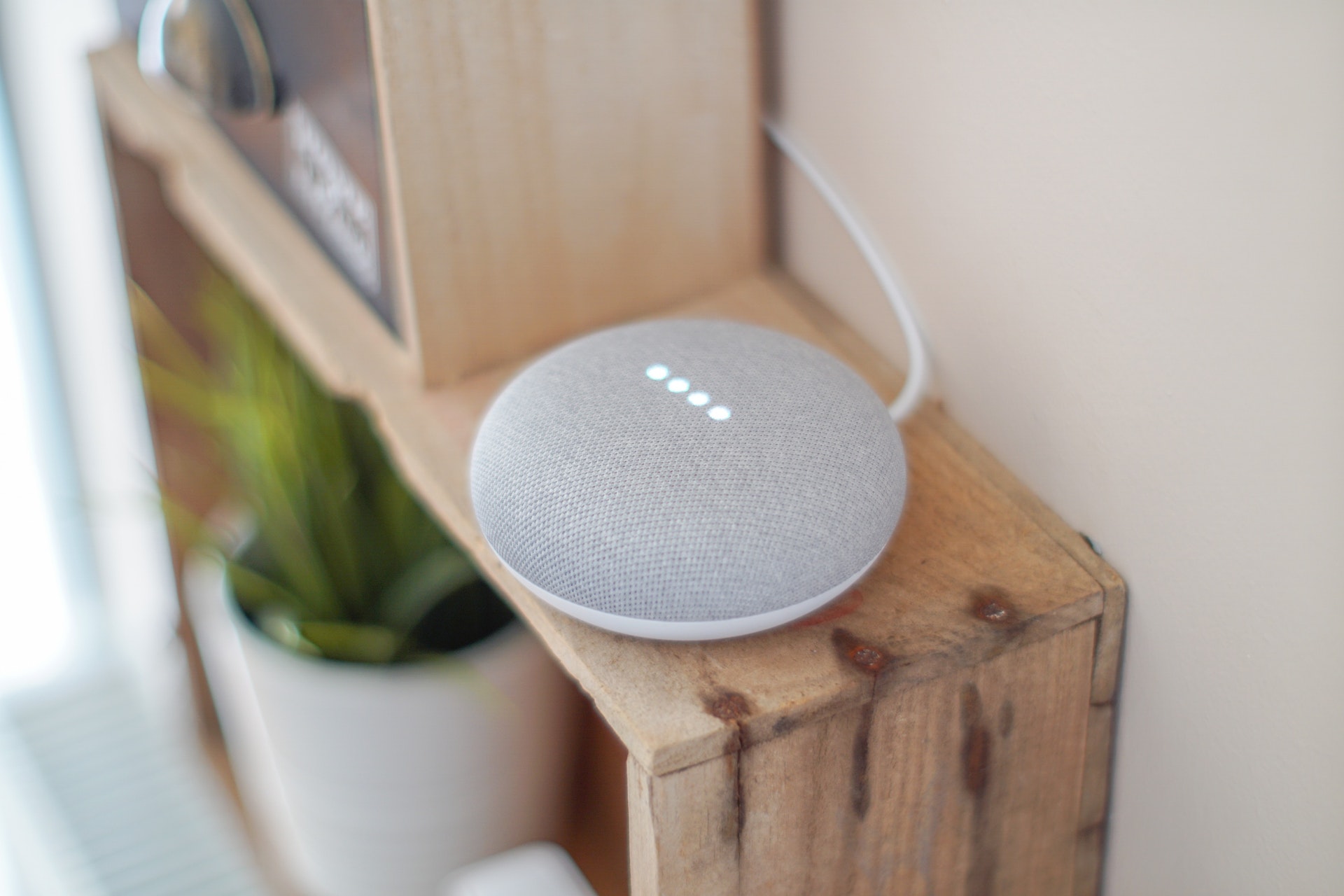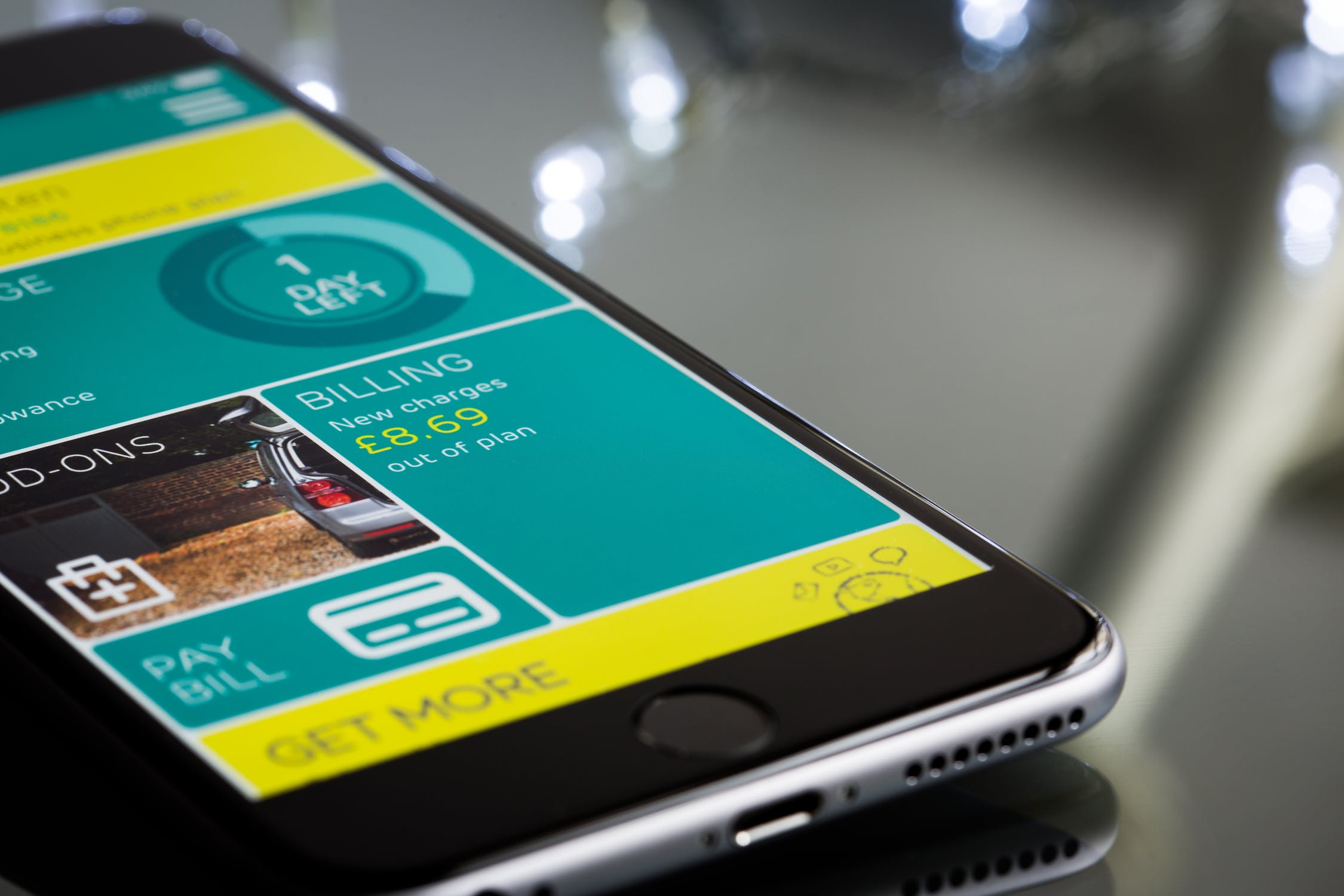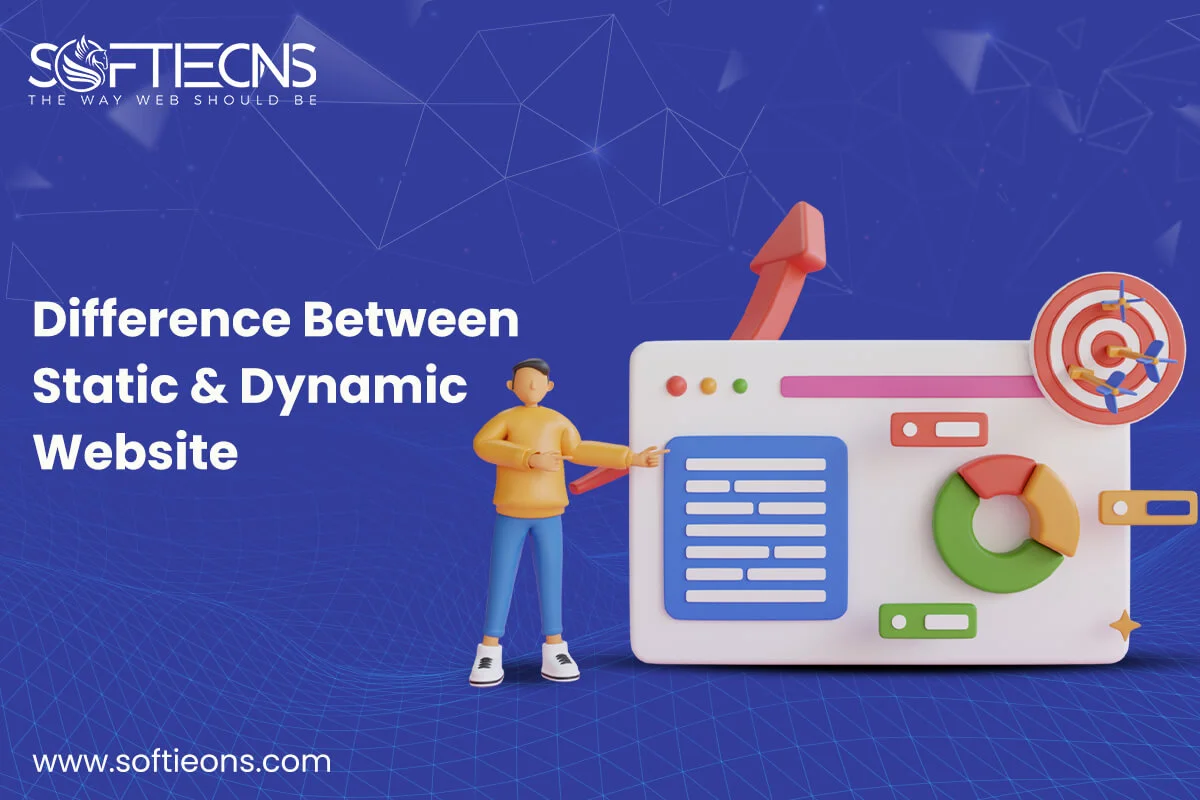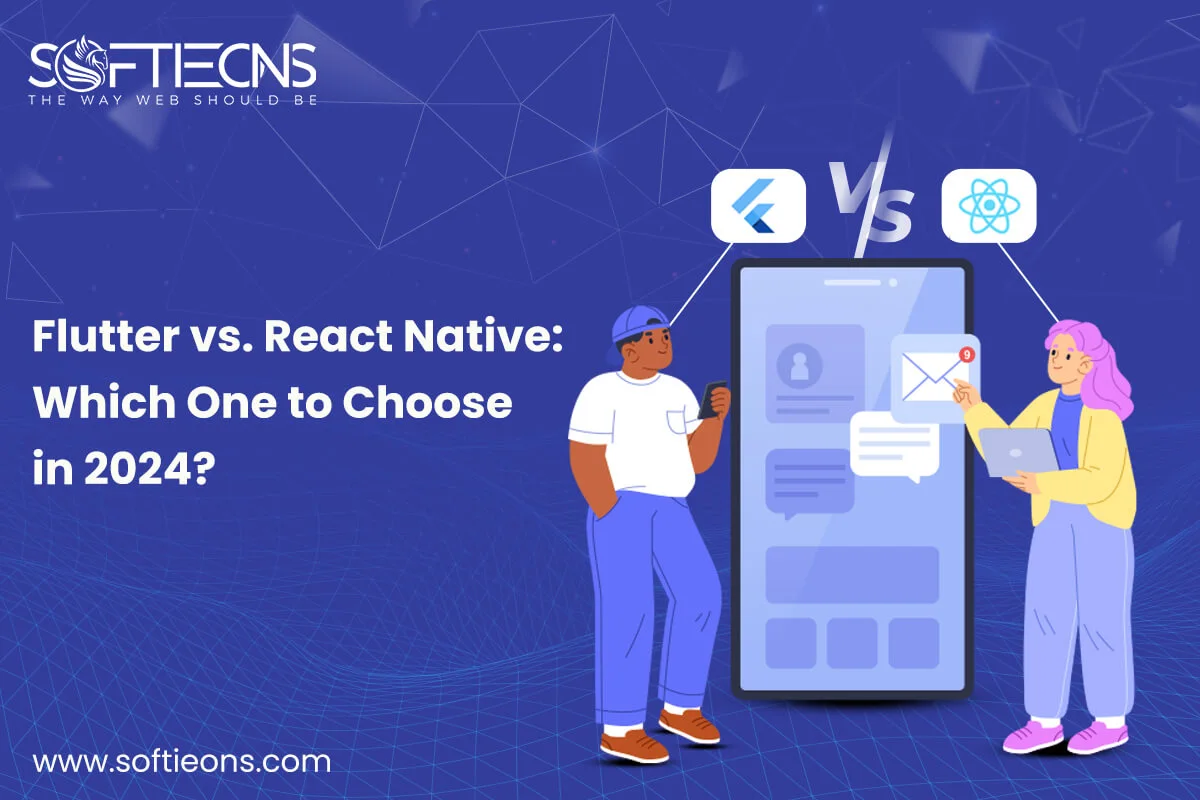Which Technology Will Win in 2021: Kotlin or Flutter?
Thu, 23 Dec 2021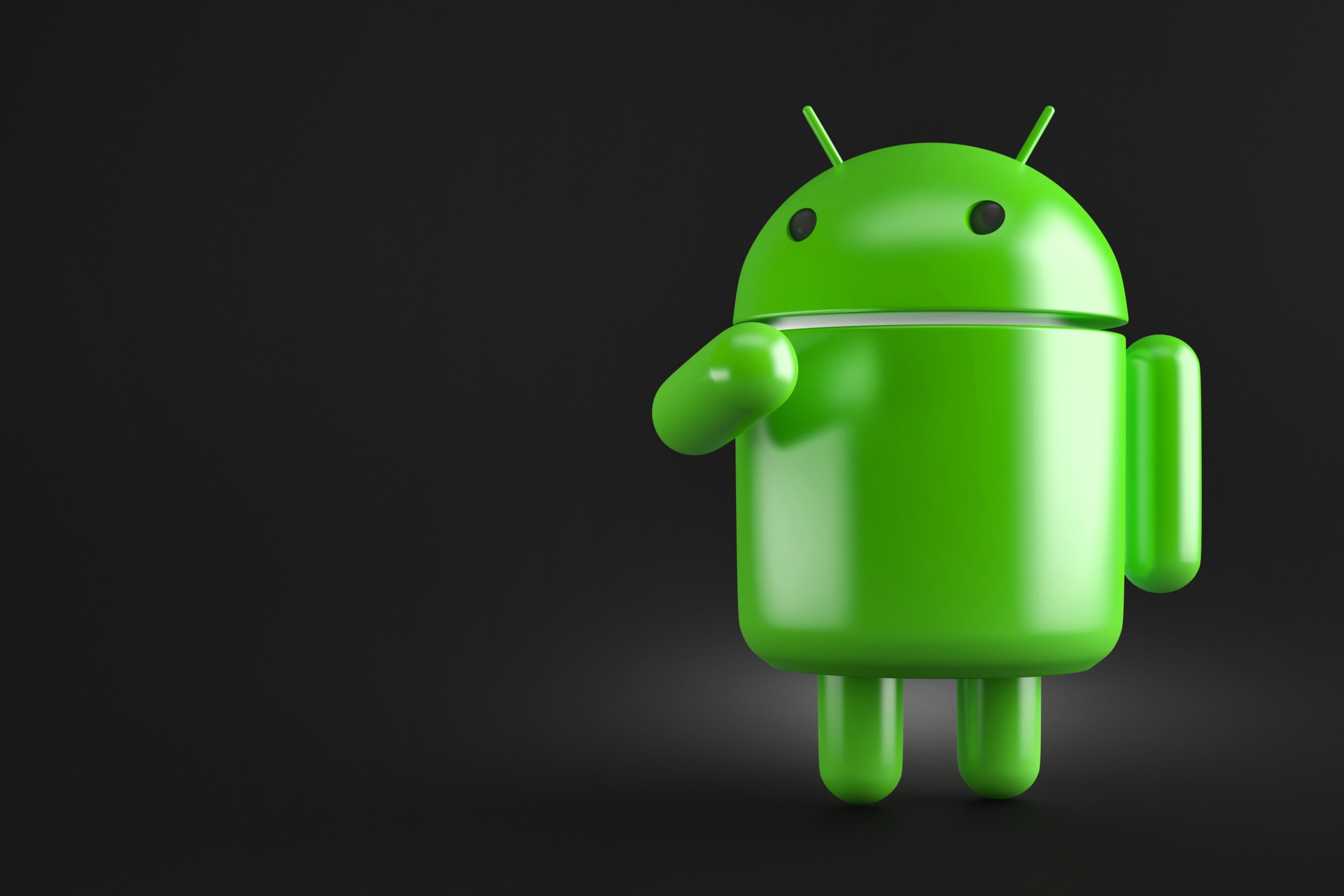
By all accounts, mobile applications have had a
significant impact on our lives. They've become an essential part of our modern
life, as they assist us in completing the majority of our daily chores.
When it comes to our daily lives, we use our phones
the majority of the time to complete chores such as paying bills, ordering
food, shopping, and so on. Mobile applications have sprung up as a result of
emerging technologies.
When it comes to mobile app development, Kotlin and
Flutter are widely utilized technologies. Additionally, cross-platform apps are
increasing in popularity. It's because they're available on a variety of
platforms.
Flutter is a programming language, whereas Kotlin is
a framework. Both of these are essential in the creation of mobile apps.
Let's take a look at their primary features,
benefits, and drawbacks to see how they differ.
What
exactly is Flutter?
Google released Flutter in 2015 as a cross-platform,
free-to-use, and open-source UI toolkit. It enables Dart programming languages
to be used to create combined mobile and desktop applications. Furthermore, it
helps you to design mobile apps quickly.
Flutter enables you to create an app using a single
programming language and codebase. This technology is becoming increasingly
popular, and it provides amazing native experiences.
·
Flutter's characteristics
·
Open-Source
Flutter, like Dart, is a free-to-use programming
language, as we learned earlier. As a result, developers can use the developer's
forum to go through questions about post-development stages and documentation.
It also enables you to understand and apply the code.
As good as native apps in terms of performance
UX is heavily influenced by application performance.
You don't have to sacrifice application performance with Flutter. It will stand
out against any native app.
Furthermore, even in complex UI animation
circumstances, the Flutter app performs admirably. It is because it can be
written straight into machine code. As a result, any performance problems and
intermediate code representation are no longer required. It also allows you to
quickly compile and release your application.
Hot-Reload
Flutter comes with a number of useful features, one
of which is Hot-Reload. It allows you to see the reflected changes as well as
create the user interface, rectify mistakes, and add a specific feature. You
may do all of this without having to start the application from the beginning.
As a result, developers and designers can check to
see if the modifications they've made to the program are flawless.
Google
Firebase is supported.
Developers can use the Firebase integration
capability to add backend services to their development environment.
All
Platforms have the same UI and Business Login.
Cross-platform frameworks, for the most part, allow
you to share code between platforms. However, none of them enable the same User
Interface and business login to be shared. You may share the same UI and
business login across all target platforms with Flutter.
Because Flutter has a single codebase structure, it
can be developed quickly. It also doesn't need any platform-specific UI
elements to display its User Interface. As a result, it helps reduce time
without compromising the ultimate product's performance.
Appropriate
for MVPs and App Prototypes
Flutter allows you to create both iOS and Android
apps at the same time. As a result, it saves time, money, and effort. It's
become the go-to platform for creating MVPs and prototypes. They can be used
for a variety of initiatives, including charity and fundraising.
Flutter's
Drawbacks
Changing
all the time
One of Flutter's downsides is that it, like Dart, is
constantly changing. As a result, developers find it difficult to maintain the
code over time.
Framework
in its infancy
In the realm of mobile app development, Flutter has
recently garnered traction. As a result, it isn't yet stable. As a result, when
developing applications, developers confront some challenges. It also lacks
several advanced features that are required to support operating systems.
To
begin with, Flutter Apps are quite large.
Flutter applications take up too much space on the
device, slowing down the loading process. Furthermore, updating or downloading
the app takes longer than usual.
What
exactly is Kotlin?
Kotlin is a free and open-source cross-platform
programming language. It's also regarded as a multi-purpose language. It
operates on the JVM and can be found anywhere that Java is utilized. As a
result, it's known as a statistically typed language.
You may use Kotlin to create server-side programs,
Android apps, and much more. It is becoming a widely used technology. JetBrains
created Kotlin and launched it with a tiny project in 2010. In February 2016,
Kotlin had its first official release.
Kotlin has a feature called Kotlin Multiplatform,
which allows you to compile your code with JVM bytecode, LLVM code, or
JavaScript. Furthermore, the scope of a Kotlin program is limitless.
Kotlin
Smart Cast's Features
Absolute values are unambiguously classified in
Kotlin, and the value is automatically sent in its safe cast.
Null
Security
Null safety is a characteristic of Kotlin. Its goal
is to get rid of the NullPointerException in the code. Interoperable.
Concise
Kotlin is regarded as a succinct language since it
allows developers to write fewer lines of code.
Adaptability and flexibility are two words that come to mind while thinking about adaptability and flexibility.
Designers can easily upgrade their produced
applications using Kotlin without the use of a virtual machine. As a result,
developers consider Kotlin to be an excellent solution for future flexibility
and scalability.
Simple
Expressions
One of the most appealing features of Kotlin is its
straightforward grammar, which makes it a simple language to grasp. It has a
lot in common with Groovy, Java, Scala, and Swift.
Interoperable
A developer can simply invoke Java code thanks to
the 'Interoperable' capability. Kotlin also makes use of Java code. As a
result, they are both interoperable.
POPULAR POSTS
Shopify vs. WordPress: Which one is best for e-commerce?
Wed, 07 Apr 2021Role of IoT in the Real Estate Industry
Wed, 14 Apr 2021Why UX And UI Is Important For Mobile Application Development
Sat, 01 May 2021Telemedicine's Advantages in Nursing Homes
Fri, 24 Dec 2021RECENT POSTS
Difference Between Static Website And Dynamic Website
Wed, 24 Apr 2024Flutter vs. React Native: Which One to Choose in 2024?
Mon, 22 Apr 2024Exploring the Benefits of Professional Website Design Companies
Fri, 29 Mar 2024Understanding The Role Of Web Design Firms
Fri, 22 Mar 2024
